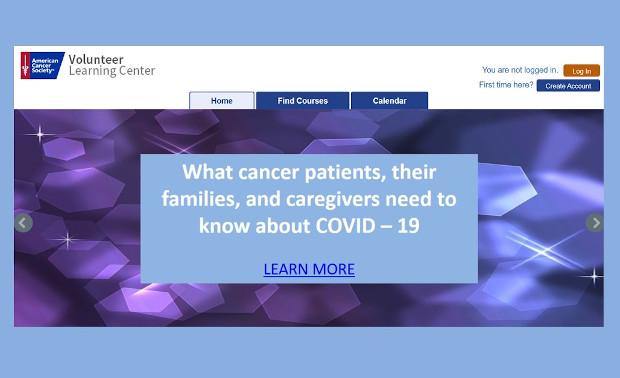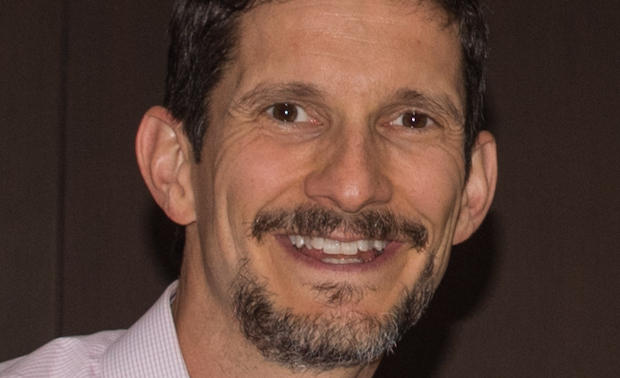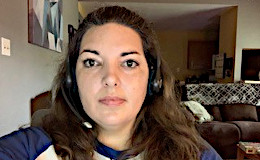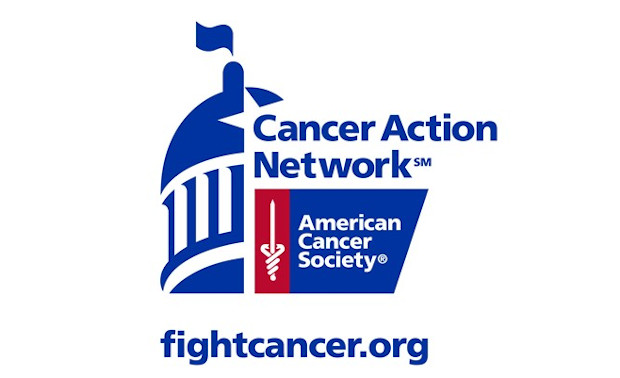With the outbreak in the U.S. of COVID-19, the disease caused by the new coronavirus, there have been many news reports suggesting that smoking and vaping might increase the risk for getting COVID-19 or suffering more severe complications. We address some of the most asked questions here.
Does smoking increase the likelihood of getting COVID-19?
There’s no direct evidence yet showing that a history of smoking makes a person more likely to get COVID-19, but there is evidence that smoking increases the risk of other types of viral lung infections.1 This increase in risk stems from changes in a person’s immune system, as well as damage to the cells lining the airways in the lungs.
Much of the speculation about the possible link between tobacco use and COVID-19 in the news media is based on early studies from China, which found that men were getting COVID-19 at higher rates than women. For example, a study of nearly 1,100 hospitalized COVID-19 patients found that about 58% were men. Men have much higher smoking rates than women in China, so this is one possible explanation for the difference.2 However, in Italy, where women’s smoking rates are much closer to men’s, researchers have also reported significantly more COVID-19-related hospitalizations in men than in women – possibly an even larger difference than in China.3 Researchers continue to try to understand these differences and what they might be showing.
On a related note, the World Health Organization (WHO) observes on their website that people often touch their mouths with their fingers while smoking, which is known to be a risk factor for getting COVID-19.4 While there is no direct research at this time showing this actually increases risk, it reinforces the importance of washing our hands frequently and not touching our faces. The WHO also highlights how hookah/waterpipe users often share mouthpieces and hoses with others, which presents a risk factor for COVID-19.5 This is a compelling reason to cease waterpipe use.
What are smoking’s effects on COVID-19 outcomes?
The underlying logic of a link between smoking and worse COVID-19 outcomes is that smoking is an established risk factor for respiratory infections, including the flu,6,7 because it weakens the immune response that a person can mount against a viral infection. In theory, this is also likely to be the case with COVID-19. In addition to this, smoking is a well-established risk factor for chronic obstructive pulmonary disease (COPD) and heart disease, which are clearly risk factors for having more severe illness from COVID-19.
Not surprisingly, a recent analysis of six studies in China finds that smoking is most likely linked with poorer outcomes in COVID-19 patients.8 This includes a study that received a lot of media attention, which found that among a small sample of COVID-19 patients in China, smokers were more likely to be in the group of patients whose condition worsened while hospitalized.9
Currently, the Centers for Disease Control and Prevention (CDC) states that “older adults and people of any age who have serious underlying medical conditions might be at higher risk for severe illness from COVID-19." This includes people who are immune compromised. The agency lists the following conditions that can cause a person to be immune compromised: "cancer treatment, smoking, bone marrow or organ transplantation, immune deficiencies, poorly controlled HIV or AIDS, and prolonged use of corticosteroids and other immune weakening medications"10 (bolding is mine, not the CDC's). Similarly, the WHO reports that “conditions that increase oxygen needs or reduce the ability of the body to use it properly will put patients at higher risk of serious lung conditions such as pneumonia,” adding that “smokers may also already have lung disease or reduced lung capacity which would greatly increase risk of serious illness.”11
Does e-cigarette use (vaping) increase the likelihood of getting COVID-19?
There is currently no evidence supporting a direct connection between e-cigarette use and getting COVID-19. This does not mean that there is no connection, but researchers have not identified one. Research is ongoing in this area, particularly in the US, where the proportion of young people getting COVID-19 appears to be higher than in some other countries. One hypothesis for this difference is the higher proportion of e-cigarette use by youth in the US, although again, this has not been studied directly.
Does e-cigarette use (vaping) affect COVID-19 outcomes?
There is currently very little direct evidence that e-cigarette use affects COVID-19 outcomes, and a small amount of indirect evidence. Yet some news outlets are reporting a possible link between e-cigarette use and worse COVID-19 outcomes, based on the theory that because there is some early evidence that e-cigarette use causes lung damage,11 and because evidence suggests that people with lung problems don’t do as well with COVID-19, then e-cigarette users are more likely to have worse outcomes. This logic is reasonable, although this connection has not been proven. There was also a recent study in mice that found that vaping mice were less likely to recover from the flu than non-vaping mice. It is possible that vaping impaired the mice’s immune responses, but whether the results of the study can be applied to humans and COVID-19 isn’t clear.12
What about the effects of secondhand smoke/e-cigarette aerosol (“vapor”) and COVID-19?
It is vital to protect people from exposure to secondhand smoke and e-cigarette aerosol (“vapor”) during this time when we are all in close quarters with family members and others. People exposed to secondhand smoke are at higher risk for developing cancer, heart disease and/or stroke, among other diseases. Exposed infants are at higher risk of sudden infant death syndrome (SIDS). Research also shows that secondhand aerosol from e-cigarettes can contain toxic substances and should be treated similarly to secondhand smoke. Smokers and e-cigarette users need to go outside, but within the other recommended parameters of safe social distancing.
Is this global pandemic a good time to quit?
There are large and immediate benefits of quitting smoking, no matter when it is done. Perhaps these benefits apply more now than ever. While there isn’t yet direct evidence that quitting can help people avoid more serious outcomes if they get COVID-19, we do know that there are some health benefits that occur fairly quickly after quitting. For example, there are rapid improvements in blood carbon monoxide levels and in the function of respiratory tract cilia (tiny hairs in the airways that help keep them clean), and slightly slower improvements over time in immune function. These improvements could potentially help people who get COVID-19.
There’s a second important dynamic, too: for some smokers, this crisis might provide motivation, or a “teachable” moment, for those who hadn’t thought much before about quitting. By reaching out to them about quitting in this time of COVID-19, they might be inspired to try.
However, it is important to note, too, that for some smokers, trying to quit during a time of stress might make it harder to succeed. People who choose not to quit shouldn’t be stigmatized. But we should do everything to help those who choose to quit to succeed. The likelihood of successful quitting is enhanced by using FDA-approved medications, including nicotine replacement therapies (NRTs) and medicines such as varenicline (Chantix) and bupropion (Zyban), all of which work most effectively in combination with counseling. While getting a new prescription might be challenging at this time, most forms of NRT are available without prescription from your local pharmacy during this pandemic. There are also numerous quitlines (reachable at 1-800-QUIT-NOW) and other services available free of charge to those trying to quit.
Many young people have started vaping in the last couple of years. As with quitting smoking, there are immediate benefits to quitting vaping. This may be a very good time for these young people to quit. We provide links to several excellent resources here.
CITATIONS:
- https://www.hhs.gov/sites/default/files/2020-cessation-sgr-full-report.pdf
- https://www.nejm.org/doi/full/10.1056/NEJMoa2002032
- https://abcnews.go.com/Health/covid-19-mortality-high-men-italy-women/story?id=69717021
- https://www.who.int/news-room/q-a-detail/q-a-on-smoking-and-covid-19
- https://www.who.int/news-room/q-a-detail/q-a-on-smoking-and-covid-19
- https://www.journalofinfection.com/article/S0163-4453(13)00129-1/fulltext
- https://www.ncbi.nlm.nih.gov/pubmed/30789425
- https://academic.oup.com/ntr/article/doi/10.1093/ntr/ntaa059/581537
- https://www.ncbi.nlm.nih.gov/pubmed/32118640
- https://www.who.int/news-room/q-a-detail/q-a-on-smoking-and-covid-19
- https://www.bmj.com/content/366/bmj.l5275.long
- https://www.jci.org/articles/view/128531



















